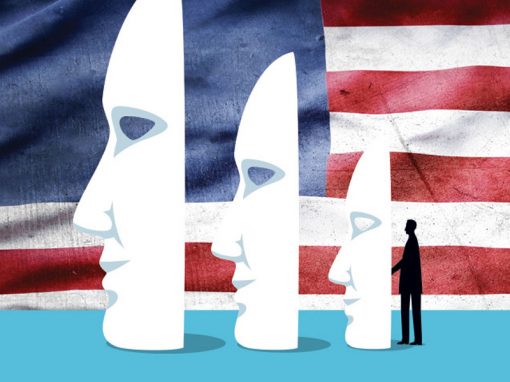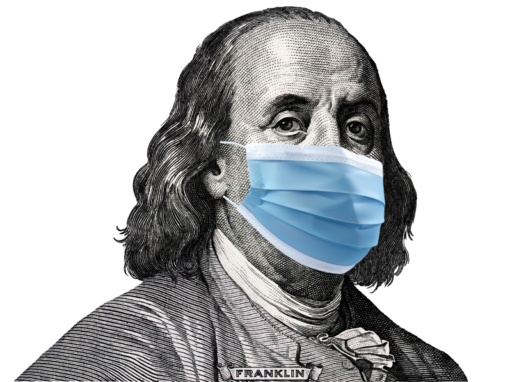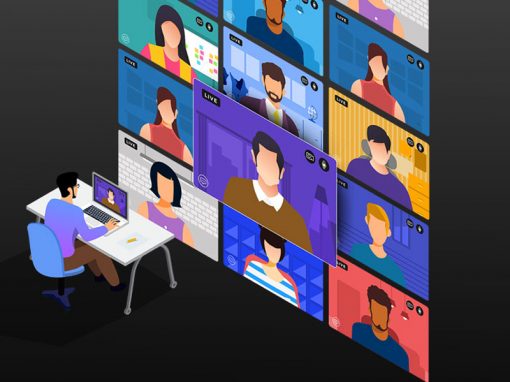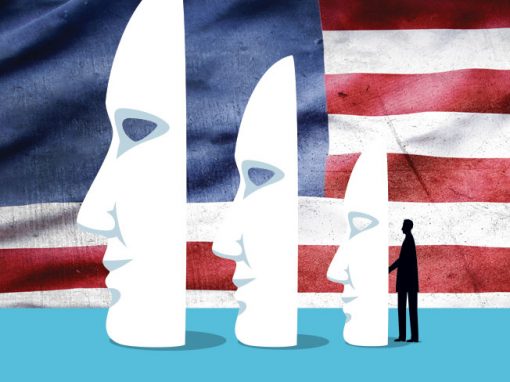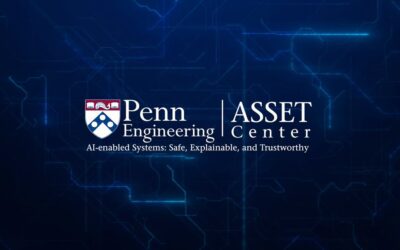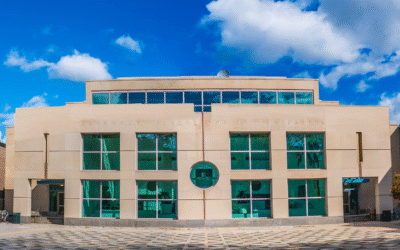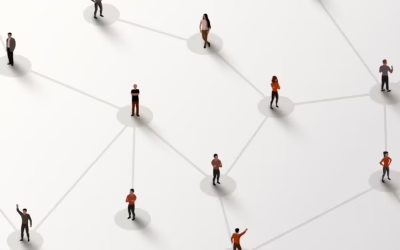“Half the Truth is often a great Lie.”
– Benjamin Franklin
PennMAP
Penn Media Accountability Project
PennMAP is an interdisciplinary, nonpartisan research project of the Computational Social Science Lab at the University of Pennsylvania dedicated to enhancing media transparency and accountability at the scale of the entire information ecosystem.
Touchstone Publications
MISUNDERSTANDING THE HARMS OF ONLINE MISINFORMATION
QUANTIFYING THE IMPACT OF MISINFORMATION AND VACCINE SKEPTICAL-CONTENT ON FACEBOOK
CAUSALLY ESTIMATING THE EFFECT OF YOUTUBE’S RECOMMENDER SYSTEM USING COUNTERFACTUAL BOTS
Data Dashboard:
Media Bias Detector
To measure and expose bias in the mainstream media, PennMAP is proud to launch the Media Bias Detector, which tracks and classifies the top stories published by a collection of prominent publishers spanning the political spectrum in close to real time.
DASHBOARDS
Mission
Misinformation in media is believed to have harmful effects on public opinion, political polarization, and ultimately democratic decision making. And yet, much remains unknown regarding the prevalence of misinformation and its effects on society.
To address this problem, PennMAP is building technology to detect patterns of bias and misinformation in media from across the political spectrum and spanning television, radio, social media, and the broader web. We will also track consumption of information via television, desktop computers, and mobile devices, as well as its effects on individual and collective beliefs and understanding.
In collaboration with our data partners, we are also building a scalable data infrastructure to ingest, process, and analyze tens of terabytes of television, radio, and web content, as well as representative panels of roughly 100,000 media consumers over several years. While our initial focus is on the U.S., our hope is to scale this infrastructure to eventually cover other countries and languages other than English.
Commitment to Use-Inspired Research
We will share our insights through publications and interactive data visualizations, and will work with various stakeholders—including journalists, policy makers, and industry partners—to implement solutions. Aside from powering our own research, our infrastructure will support other research teams, thereby accelerating the pace of knowledge accumulation and enhancing its reliability.
In the News
How cable news has diverged from broadcast news
Walter Cronkite was often cited as “the most trusted man in America” as he delivered the news on CBS in the 1960s and ’70s—a time when fewer news options created a “shared reality” that scholars argue fostered civic engagement, empathy, and shared national identity. The situation looks quite different in today’s disparate media landscape.
Duncan Watts Presents Fake News, Echo Chambers, and Algorithms at Penn Engineering ASSET Seminar
Computational Social Science Lab (CSSLab) Director Duncan Watts presented: “Fake News, Echo Chambers, and Algorithms: A Data Science Perspective” at an ASSET(AI-enabled Systems: Safety, Explainability and Trustworthiness) Weekly Seminar on April 23, 2025.
Researcher Spotlight: CSSLab Members Present Work at Annenberg Workshop
Annenberg PhD student Neil Fasching and Postdoctoral researcher Jennifer Allen of the Computational Social Science Lab (CSSLab) recently presented their research on April 15th at the 2nd annual Center for Information Network Democracy Workshop: The Impact of AI on (Mis)Information. CIND is an initiative led by Annenberg faculty members Sandra González-Bailón and Yphtach Lelkes, focused on the impact of information ecosystems on democratic participation in the digital age.
In the News
How cable news has diverged from broadcast news
Duncan Watts Presents Fake News, Echo Chambers, and Algorithms at Penn Engineering ASSET Seminar
Researcher Spotlight: CSSLab Members Present Work at Annenberg Workshop
Can Social Media Be Less Toxic?
News On Climate Change Is More Persuasive Than Expected, Study Finds
From Cracks to Gardens: Creating a Thriving Social Media Through Research
People
Duncan Watts
Stevens University Professor
Penn Integrates Knowledge Professor
Homa Hosseinmardi
Associate Research Scientist
Amir Ghasemian
Affiliate Research Scientist
Yale University
David Rothschild
Affiliate Research Scientist
Microsoft Research
AMIR TOHIDI
Post-Doctoral Researcher
JENNIFER ALLEN
Post-Doctoral Researcher
Upasana Dutta
Ph.D. in Computer and Information Science
Samar Haider
Ph.D. in Computer and Information Science
Baird Howland
Ph.D. in Communications
Sam Wolken
Ph.D. in Communications and Political Science
Timothy Dorr
Ph.D. in Communications
CALVIN ISCH
Ph.D. in Communications
NEIL FASCHING
Ph.D. in Communications
People
Duncan Watts
Stevens University Professor
Penn Integrates Knowledge Professor
Homa Hosseinmardi
Associate Research Scientist
Amir Ghasemian
Affiliate Research Scientist
Yale University
David Rothschild
Affiliate Research Scientist
Microsoft Research
Coen Needell
Pre-Doctoral Researcher
Timothy Dorr
Ph.D. in Communications
Upasana Dutta
Ph.D. in Computer and Information Science
Samar Haider
Ph.D. in Computer and Information Science
Baird Howland
Ph.D. in Communications
Sam Wolken
Ph.D. in Communications and Political Science
Publications
Media Bias Detector: Designing and Implementing a Tool for Real-Time Selection and Framing Bias Analysis in News Coverage Journal Article
In: CHI '25: Proceedings of the 2025 CHI Conference on Human Factors in Computing Systems, pp. 1-27, 2025.
Divergence between predicted and actual perception of climate information Journal Article
In: PNAS Nexus, 2025.
A research agenda for encouraging prosocial behaviour on social media Journal Article
In: Nature Human Behaviour , 2025.
Short-term exposure to filter-bubble recommendation systems has limited polarization effects: Naturalistic experiments on YouTube Journal Article
In: Proceedings of the National Academy of Sciences, vol. 122, iss. 8, 2025.
Media bias in portrayals of mortality risks: Comparison of newspaper coverage to death rates Journal Article
In: Social Science and Medicine , vol. 364, 2025.
Trends of Violence in Movies During the Past Half Century Journal Article
In: Jama Pediatrics , 2024.
BordIRlines: A Dataset for Evaluating Cross-lingual Retrieval Augmented Generation Proceedings Article
In: Proceedings of the 2024 Conference of the North American Chapter of the Association for Computational Linguistics: Human Language Technologies, pp. 1-13, Association for Computational Linguistics, Miami, Florida, USA, 2024.
This Land is {Your, My} Land: Evaluating Geopolitical Biases in Language Models Proceedings Article
In: Proceedings of the 2024 Conference of the North American Chapter of the Association for Computational Linguistics: Human Language Technologies, pp. 3855-3871, 2024.
Misunderstanding the harms of online misinformation Journal Article
In: Nature , vol. 630 , pp. 45-53, 2024.
Quantifying the impact of misinformation and vaccine-skeptical content on Facebook Journal Article
In: Science, vol. 384, iss. 6699, 2024.
Causally estimating the effect of YouTube’s recommender system using counterfactual bots Journal Article
In: PNAS, vol. 121, iss. 8, 2024.
Deplatforming did not decrease Parler users’ activity on fringe social media Journal Article
In: PNAS Nexus, vol. 2, iss. 3, 2023.
Quantifying partisan news diets in Web and TV audiences Journal Article
In: Science Advances, vol. 8, iss. 28, 2022.
Reducing opinion polarization: Effects of exposure to similar people with differing political views Journal Article
In: Proceedings of the National Academy of Sciences, vol. 118, no. 52, 2021.
Success stories cause false beliefs about success Journal Article
In: Judgment and Decision Making, vol. 16, no. 6, pp. 1439-1463, 2021, ISSN: 1930-2975.
Comparing Estimates of News Consumption from Survey and Passively Collected Behavioral Data Journal Article
In: Public Opinion Quarterly, 2021.
Examining the consumption of radical content on YouTube Journal Article
In: Proceedings of the National Academy of Sciences, vol. 118, no. 32, 2021.
Research note: Examining potential bias in large-scale censored data Journal Article
In: Harvard Kennedy School (HKS) Misinformation Review, 2021.
Measuring the news and its impact on democracy Journal Article
In: Proceedings of the National Academy of Sciences, vol. 118, no. 15, 2021.
Evaluating the fake news problem at the scale of the information ecosystem Journal Article
In: Science Advances, vol. 6, no. 14, pp. eaay3539, 2020.
Understanding Cyberbullying on Instagram and Ask.fm via Social Role Detection Journal Article
In: Companion Proceedings of The 2019 World Wide Web Conference, pp. 183-188, 2019.
Evaluating overfit and underfit in models of network community structure Journal Article
In: IEEE Transactions on Knowledge and Data Engineering, vol. 32, no. 9, pp. 1722-1735, 2019.
The science of fake news Journal Article
In: Science, vol. 359, no. 6380, pp. 1094-1096, 2018.
Beyond Keywords: Tracking the evolution of conversational clusters in social media Journal Article
In: Sociological Methods & Research, vol. 48, no. 3, pp. 588-607, 2017.
